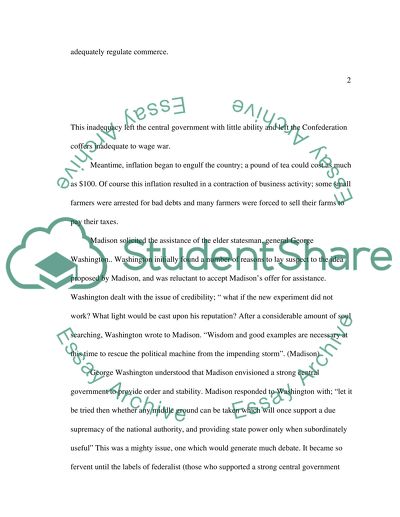Cite this document
(“History of American Government Essay Example | Topics and Well Written Essays - 2250 words”, n.d.)
History of American Government Essay Example | Topics and Well Written Essays - 2250 words. Retrieved from https://studentshare.org/history/1510475-history-of-american-government
History of American Government Essay Example | Topics and Well Written Essays - 2250 words. Retrieved from https://studentshare.org/history/1510475-history-of-american-government
(History of American Government Essay Example | Topics and Well Written Essays - 2250 Words)
History of American Government Essay Example | Topics and Well Written Essays - 2250 Words. https://studentshare.org/history/1510475-history-of-american-government.
History of American Government Essay Example | Topics and Well Written Essays - 2250 Words. https://studentshare.org/history/1510475-history-of-american-government.
“History of American Government Essay Example | Topics and Well Written Essays - 2250 Words”, n.d. https://studentshare.org/history/1510475-history-of-american-government.


